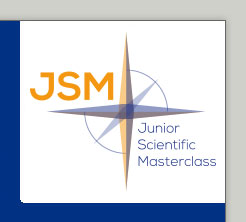Edit researchproject
In this email you'll find a link that you can use to edit the project on the website.
Only researchers that belong to the project can edit their project.
Please use the selectlist below to indicate which researcher you are. When you click the button 'Edit project', an email will be sent to the email of the selected researcher.
Project properties
| Title | Automatic speech analysis for early detection of delirium |
|---|---|
| Keywords | delirium |
| Researchers |
prf. dr. B. van Munster S.G. Brederoo |
| Nature of the research | Prospective cohort study |
| Fields of study | health psychology geriatrics |
| Background / introduction |
|---|
| Older patients, especially frail older patients are at risk for postoperative delirium. In daily practice delirium is frequently missed leading to negative outcomes like complications and long term cognitive impairment. Often prodromal symptoms precede the full-blown syndrome, providing an ideal opportunity to optimize non-pharmacological preventive interventions for delirium. Diagnosis of delirium is based on psychiatric examination using among others impressions of speech. Automatically extracted speech parameters have been shown to accurately discriminate patients with a schizophrenia-spectrum disorder from healthy controls and might be able to classify delirium as well. |
| Research question / problem definition |
|---|
|
1. Are automatically extracted speech parameters able to discriminate delirious from non-delirious patient? 2. Are automatically extracted speech parameters able to predict delirium? |
| Workplan |
|---|
|
We will include 100 patients aged >70 years after a planned surgical procedure. Inclusion criterium is an increased risk for delirium based on the VMS criteria for delirium and the Dutch language as mother tongue. Exclusion criteria: no informed consent, speech disorder (e.g. stutter), uncorrected hearing impairment. Patients will be monitored daily by the delirium observations scale (DOS). In case of DOS>3 a physician will diagnose delirium according to the DSM5 criteria. Speech will be recorded daily with a structured interview of 5 minutes. Acoustic parameters will be extracted with OpenSMILE, including a range of acoustic features such as speech quality and pauses. Speech parameters will be fed into a random forest algorithm with leave-ten-out cross-validation to assess their value for a delirium diagnosis. You will write a report on the results, which can be optionally submitted for publication in a scientific journal. |


